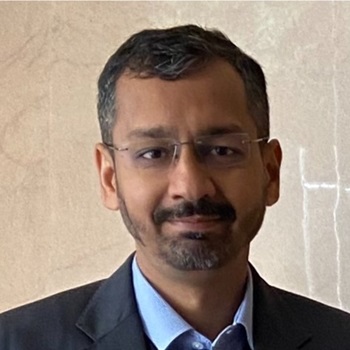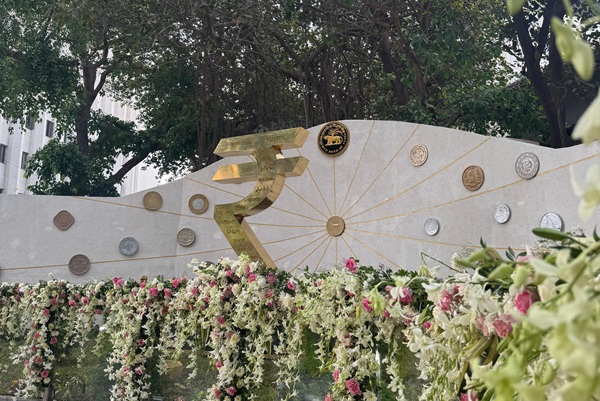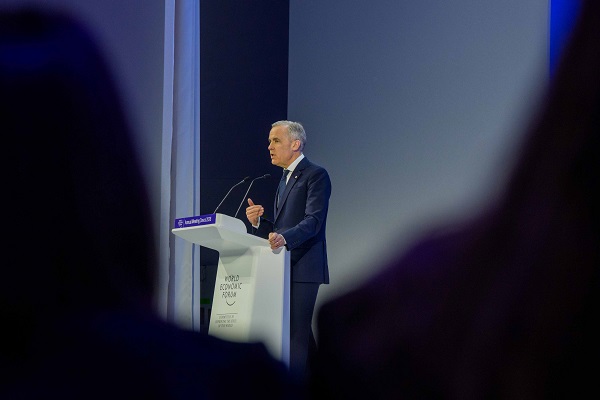.png)
We Avoid Some People — And Why We Might Be One of Them
We have all dodged a call or avoided a message — but what if every silent exit says more about us than the person we are avoiding?


Dr. Srinath Sridharan is a Corporate Advisor & Independent Director on Corporate Boards. He is the author of ‘Family and Dhanda’.
May 18, 2025 at 1:50 PM IST
Why do we keep dodging certain people’s calls — not once or twice, but over and over again? Their name pops up on the screen, and we reach for the silence button without hesitation. We tell ourselves we’ll call back. We don’t. Messages go unread. Invitations are met with vague replies. And yet, they keep reaching out — either genuinely oblivious or determined to pretend nothing has changed. Often, it takes someone else to say, “Just talk to them once, yaar. They’ve been trying.”
But here’s the first uncomfortable question — why are we avoiding them in the first place? Not because they hurt us. Not because of a confrontation. Nothing dramatic. Just… a quiet inner switch.
Is it exhaustion, disinterest, or a truth about them we’re unwilling to say out loud?
Or worse — is it a truth about ourselves we’d rather not confront in their presence?
Have we outgrown them — or have they stopped feeding the version of us we’re still clinging to?
And what makes us so sure that we’re always the ones doing the walking — not the ones quietly being walked away from?
Often, the answer is buried in feeling, not fact. There’s no clear incident, no falling-out to point to. Just a subtle erosion of comfort.
The voice in your head that says, “This conversation is going to drain me.” The heaviness you feel when you see their name. That instinctive urge to step away, not closer. Our gut is often ahead of our words — it senses the energy mismatch, the emotional clutter, the silent transactions beneath loud displays of warmth.
Over time, we begin to protect our peace by rationing access. And avoidance becomes a habit dressed up as self-preservation.
And yet — in our quiet retreat, are we always fair?
Because that person we’re avoiding is also a human being, often left confused, hurt, or unsettled. They don’t know that in our head, a private trial has already taken place. That we’ve judged them silently. That we’ve decided they no longer fit our emotional economy.
They just keep reaching out, operating on old equations while we’ve quietly changed the maths.
Here’s where the real tension lies — what if we’re that person to someone else?
What if someone else looks at our message and feels the same weight? What if we’re the voice they mute, the call they dread, the presence they’ve emotionally retired from? What if, without realising it, we have become draining, repetitive, performative? What if we’re still operating in a version of ourselves the world has gently moved on from?
That’s not a question most of us like to ask. Because it punctures the illusion that we are the evolved ones, the ones setting boundaries, the ones curating better energy. But relationships are not one-way edits. Every interaction is a mirror — sometimes it flatters, sometimes it exposes.
In Indian society, this gets harder. We’re culturally conditioned to maintain connections long past their expiry. Loyalty is measured in time served, not truth spoken. Friendships from college, colleagues from five jobs ago, schoolmates from decades earlier — we hold on out of nostalgia, politeness, fear of appearing rude. We think endurance is virtue. So we fake warmth, show up for birthdays, smile through dinners, reply to messages with emojis when we feel nothing inside.
But truth isn’t always rude. And silence isn’t always peace.
Sometimes, the person we avoid deserves a conversation, not exile. Sometimes, avoidance is not emotional maturity — it’s emotional laziness. We hide behind vague excuses because the truth would be too uncomfortable to say: “This version of us doesn’t work anymore.” Or “I feel smaller around you.” Or “I don’t know how to show up authentically in this friendship anymore.”
Equally, sometimes, walking away is the braver thing. Not every dynamic can be salvaged. Some people cling to their own chaos and want you to hold it for them. Some love you best when you’re weak. Some measure closeness by your constant availability. For them, your growth feels like betrayal. Your absence is seen as arrogance. And your silence — as ingratitude. With such people, avoidance becomes oxygen.
But even here, discernment matters. Because we also know people who don’t intend harm, but who have simply become emotionally heavy. Who take up more space in the room than they realise. Who confuse intimacy with unfiltered access. Who never ask how you are before launching into their own update. These aren’t bad people. But your system has had enough.
Still, the spiritual question remains — what is the line between discernment and judgment?
In Vedanta, we speak of viveka — the inner clarity to separate what uplifts from what depletes. But spiritual maturity is not just about walking away from others. It’s about seeing ourselves clearly, too. Knowing when our withdrawal is rooted in quiet wisdom — and when it’s laced with ego, impatience, or superiority.
Christian tradition speaks of “speaking the truth in love”. Our modern society often forgets the second part. We either ghost people or confront them with cruelty. But what if we learned to tell the truth — not to punish, but to honour the relationship as it once was?
And here’s a radical thought — maybe we owe some people the decency of closure. Not a dramatic monologue, not a guilt trip. Just honesty. Just one conversation that says: “Thank you for being part of my life. But I think we’re in different chapters now.”
That single moment of grace can spare someone months of confusion and years of self-doubt.
So, the next time someone stops replying to your messages, pause before you label them cold or arrogant. They might be trying to listen to their own inner truth. Or they might be avoiding something in you that they cannot name.
And the next time you find yourself dodging a call yet again, ask: Is this wisdom — or just avoidance dressed as growth?
Is there something I need to say — or something I need to hear?
And if I’m being avoided — what might I have become to someone who once needed me?
Because every fading relationship has two truths. Yours. And theirs.
And the space between those truths is where emotional maturity begins.



